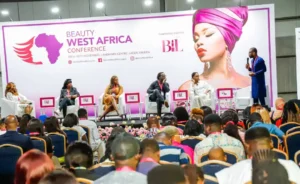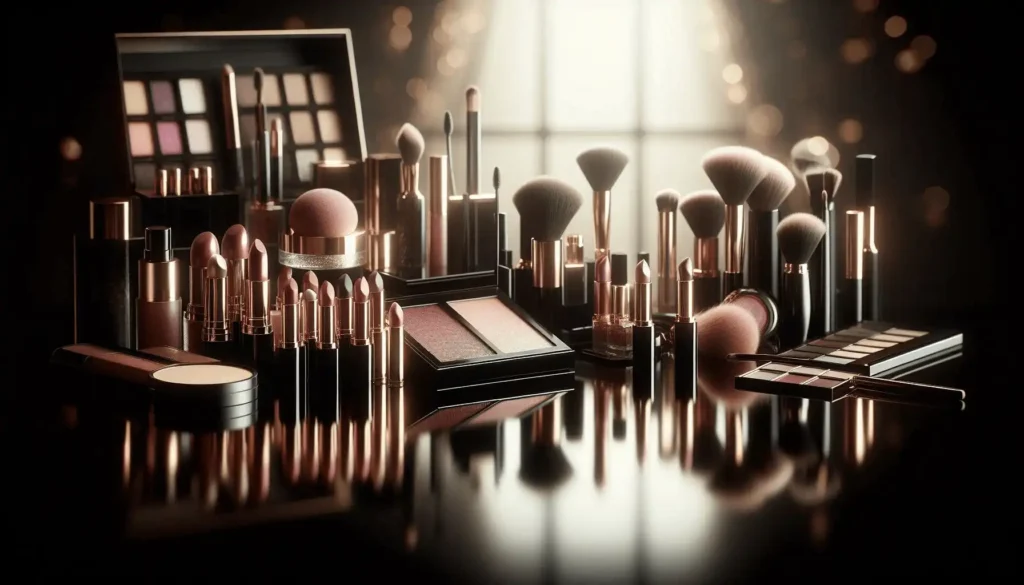At the 2024 edition of the Beauty West Africa exhibition, industry leaders, entrepreneurs, and professionals converged in Lagos to spotlight a crucial theme: the urgent need for enhanced regulatory standards and structured frameworks to support the long-term growth of Nigeria’s beauty and personal care industry. Experts at the event unanimously emphasized that while the sector has witnessed significant expansion in recent years, a lack of clear and enforceable standards continues to hinder its full potential.
Regulation Key to Industry Credibility and Consumer Safety
According to multiple panelists and stakeholders, enforcing higher safety and quality regulations is essential to not only protect consumers but also strengthen the credibility of Nigerian-made beauty products. Many products currently on the market remain unregistered or poorly formulated due to weak enforcement of existing guidelines.
Industry professionals noted that inconsistencies in production, lack of ingredient transparency, and proliferation of counterfeit goods have eroded consumer trust. Strengthening oversight—particularly through agencies like NAFDAC—was widely recommended as a way to ensure that both local and imported products meet international safety and quality benchmarks.

Boosting Local Manufacturing Through Standards
Several speakers also highlighted the vital role stronger standards could play in boosting domestic manufacturing. By setting clear guidelines for product formulation, labeling, and testing, Nigeria could reduce reliance on imported goods and stimulate the growth of local businesses. This would, in turn, lead to increased job creation, foreign exchange savings, and the development of export-ready brands capable of competing in global markets.
Manufacturers at the event called for the creation of centralized laboratories and testing hubs where entrepreneurs and SMEs could access affordable compliance services. Many also appealed for government-backed incentives to encourage innovation and investment in safer, more effective formulations.
Calls for Harmonized Policy and Industry Self-Regulation
Experts also stressed the importance of harmonizing regulatory policies across different regions and agencies. Fragmented rules and uneven enforcement—particularly across Nigeria’s 36 states—make it difficult for brands to scale and navigate compliance efficiently.
In addition to formal government regulation, speakers advocated for the establishment of a robust self-regulatory framework within the industry. By forming unified associations or boards to set and uphold quality benchmarks, the sector could take more control of its narrative and promote professional accountability.
Education and Training as Growth Enablers
The Beauty West Africa forum also underscored the need for better education and skill-building initiatives. With thousands of beauty professionals—such as skincare formulators, aestheticians, makeup artists, and hair specialists—entering the market each year, stakeholders called for standardized training programs that incorporate both scientific knowledge and practical skills.
Some experts proposed the integration of cosmetic science into university curricula and the development of certified academies to provide hands-on technical training. Equipping practitioners with proper knowledge, they argued, would enhance product efficacy, safety, and consumer satisfaction.
Innovation and Sustainability in Focus
Alongside regulation, innovation was a key theme. Beauty entrepreneurs were encouraged to explore more science-driven, tech-enabled solutions in skincare and cosmetics, such as using AI to customize regimens or leveraging data analytics for customer feedback. There was also a strong push toward embracing sustainability—through eco-friendly packaging, biodegradable ingredients, and cruelty-free practices—as a competitive edge for Nigerian brands.
Public-Private Partnerships Critical to Reform
Industry stakeholders concluded that a collaborative effort between government, private enterprises, and professional bodies is essential to drive the reform and modernization of the beauty industry. Investment in infrastructure, supply chains, and technology was described as critical to taking Nigerian beauty products from the informal economy to the international stage.
Looking Ahead: A Vision for a Global Nigerian Beauty Brand
The overall message from Beauty West Africa 2024 was clear: Nigeria’s beauty sector is brimming with potential, but it needs a stronger backbone of standards, education, and institutional support. With the right structures in place, Nigeria can emerge as a global leader in beauty innovation—not just as a consumer, but as a producer and exporter of premium, culturally authentic products.
By prioritizing quality, safety, and transparency, experts believe the Nigerian beauty industry can transform itself into a world-class ecosystem—one that empowers entrepreneurs, protects consumers, and contributes meaningfully to national economic development.







